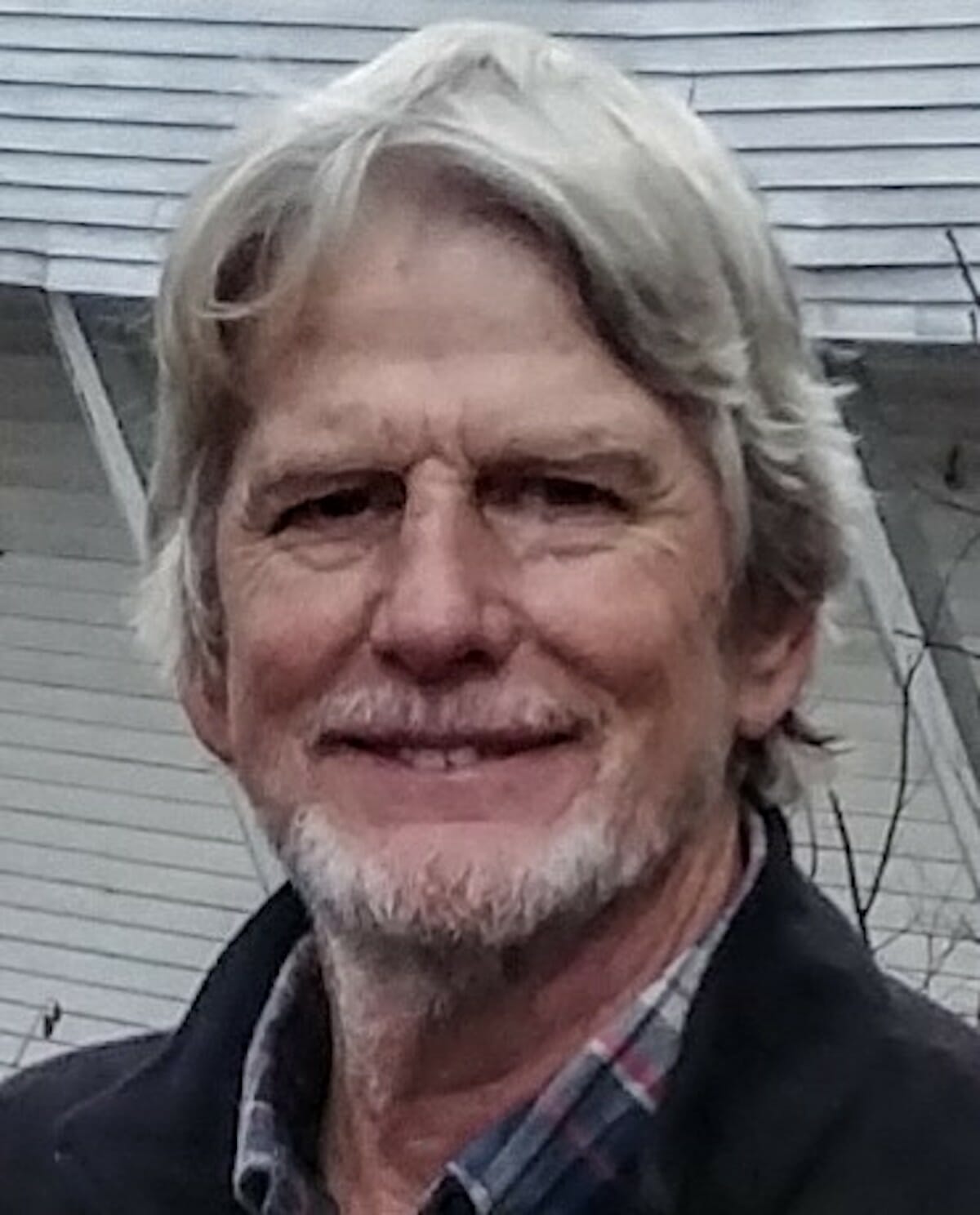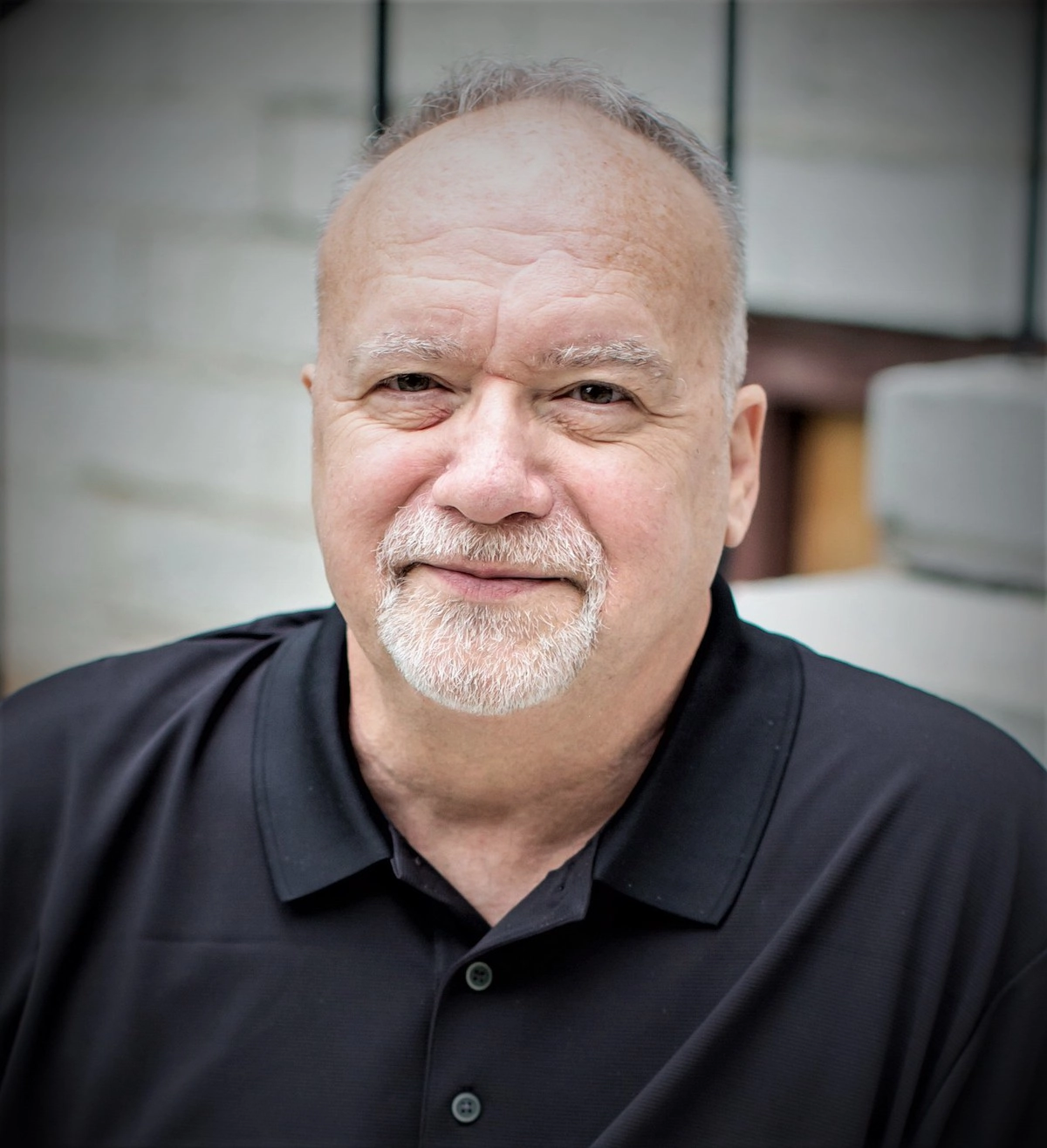By Terry Manning
Call me crazy, but someday I’d like to hear Chris Stapleton sing “Lift Ev’ry Voice and Sing.”
For those who aren’t familiar with Stapleton, he’s an award-winning country singer who is rightly praised for stripping away some of the genre’s Nashville sheen and making music that sounds like the blues and rhythm and blues at its roots. His version of “Tennessee Whiskey” sounds like it’s been around forever, and it’s been embraced by audiences across the board.
He can take a throwaway track like Justin Timberlake’s “Say Something” and its muddled lyrics (“Sometimes, the greatest way to say something is to say nothing at all”) and make it sound profound. Heck, his version of Al Green’s “I’m A Ram” from a Dodge commercial a little while back had me racing to buy it, an effort in futility since it’s not been released.
But as a commenter wrote on a YouTube video of the extended commercial, “If he ever does a cover it would hit (Number One) ’cause this boy can sang!” I don’t know the commenter’s ethnicity, but Black people bestow no higher honor upon a singer: “Aretha didn’t sing that song, girl. She sang that song!”
As my friend Jill Wilks might say of Stapleton, “That boy bad.”
Stapleton’s voice carries the wear and tear of a lifetime of hard-earned lessons, which I think makes him a perfect match for the song dubbed the Negro — and later, Black — national anthem.
Written by James Weldon Johnson, “Lift Ev’ry Voice and Sing” debuted in 1900 as a birthday tribute to President Abraham Lincoln. It was performed by schoolchildren at the segregated school where Johnson served as principal.
The Jacksonville, Fla., native was Black excellence personified. He became a major figure of the Harlem Renaissance after moving to New York City with his composer brother to be a songwriter for musical theater. There he flourished as an author, diplomat, lawyer, poet and executive secretary of the National Association for the Advancement of Colored People.
His biography on the NAACP website states, “While [W.E.B.] Du Bois argued for steeping oneself in a liberal arts education and Booker T. Washington advocated for industrial training, Johnson believed Black Americans should produce great literature and art to demonstrate their equality to whites in terms of intellect and creativity.”
And that he did, especially with “Lift Ev’ry Voice and Sing.”
He wrote the song as a reflection upon Black Americans’ status at the turn of the century, as they faced the rise of Jim Crow laws intended to roll back progress made during Reconstruction. But rather than becoming mired in the travails of the time, the song is hopeful.
It asks from the first verse that we lift our voices and sing “‘Til earth and heaven ring,
Ring with the harmonies of Liberty.” The second stanza recounts the stony “road we trod” and “the chastening rod” endured before reminding “Have not our weary feet, Come to the place for which our fathers sighed.” It closes with a pledge: “Shadowed beneath Thy hand, May we forever stand, True to our God, True to our native land.”
America was Johnson’s “native land,” since he was born here like most Black Americans. So what God-fearing, self-proclaimed patriot could be mad at this song? But many people were, when the anthem was sung during the Civil Rights Movement, and most recently when the NFL said it would begin having it sung before professional football games.
These people protest the idea of Black Americans having their own national anthem, as if it somehow undermines “The Star-Bangled Banner.” The NAACP actually proclaimed the Johnsons’ hymn the “Negro National Anthem” in 1919, more than a decade before “The Star-Spangled Banner” was adopted as the national anthem by President Herbert Hoover.”
You could ask “who was trying to undermine whom?”
“Lift Ev’ry Voice and Sing” has been acclaimed worldwide and adopted by other groups fighting for freedom and justice. Clark Atlanta University Professor Tim Askew told Smithsonian magazine in 2020:
“It’s a song that speaks to every group that struggles … I see the struggles of Black people. But I also see the struggles of Native Americans. I see the struggles of Chinese Americans. I see the struggles of women. I see the struggles of gays and lesbians. I see the struggles of Jews. I see the struggles of the human condition.”
So sure, why not let Stapleton wrap that husky twang of his around it? If people teared up over his performance of “The Star-Spangled Banner” at the Super Bowl, can you imagine what the world would think of his singing the Black National Anthem on a stage that large?
And think of what it would tell us about what America was, is and still is fighting to become.
Terry E. Manning is a Clemson graduate and worked for 20 years as a journalist. He can be reached at teemanning@gmail.com.








